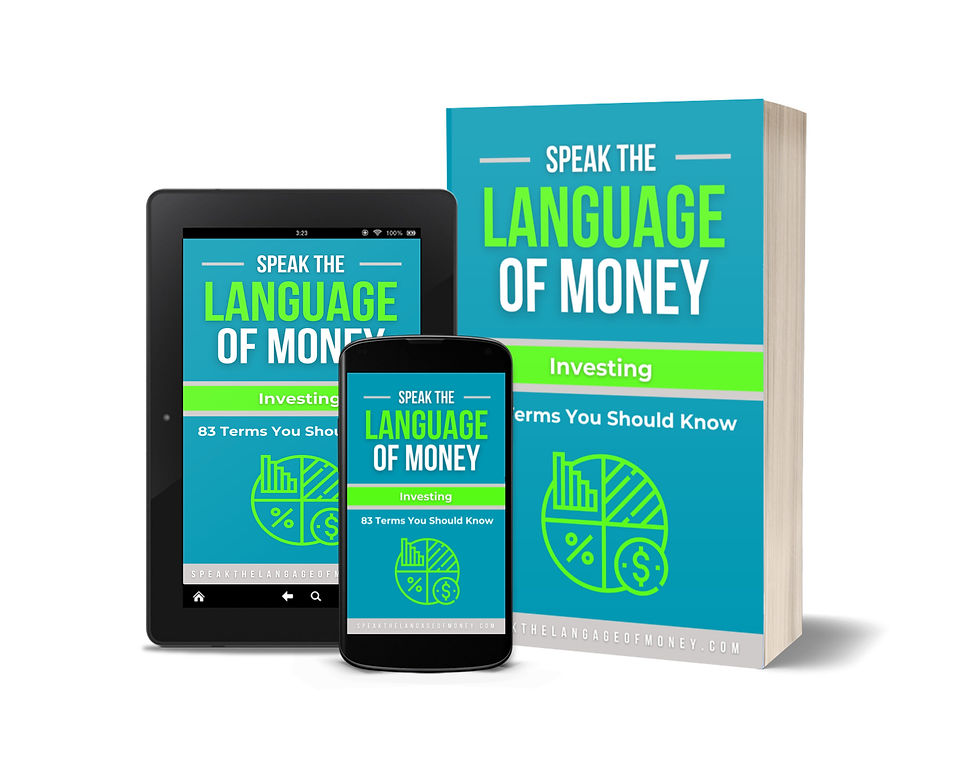Financial Word of the Day: Index
- Larry Jones

- Sep 9, 2025
- 2 min read
Updated: Sep 24, 2025

Definition of an Index
An Index is a measurement tool that tracks the performance of a group of assets—usually stocks or bonds—so investors can see how a particular market or segment of the market is doing. Think of it as a financial scoreboard. The most famous indexes include the S&P 500, which follows 500 of the largest U.S. companies, and the Dow Jones Industrial Average, which tracks 30 major corporations.
In short: an index is like a “big picture snapshot” of a certain part of the financial world.
Why It Matters
Indexes are powerful because they make investing simpler. Instead of trying to pick individual “winning” stocks (which even professional investors often struggle with), you can invest in an index fund or ETF that mirrors the entire index. That way, your money rises and falls with the overall market or sector.
It’s the difference between betting on one horse in the race or betting on the whole field. One is a gamble. The other is a strategy.
Indexes also serve as benchmarks. If your investment portfolio made 8% last year but the S&P 500 made 12%, that tells you something important—you underperformed the market. On the flip side, if you did better than the index, you might be making smarter-than-average moves.
Everyday Example
Imagine you’re at a party, and someone brags: “My portfolio grew 15% last year!”
You could casually ask: “Nice—how did that compare to the S&P 500?”
If the index grew 20%, then suddenly that 15% doesn’t look so impressive. If the index only grew 8%, well—your friend’s portfolio really did outperform.
Indexes keep everyone honest. They’re the ruler we use to measure results.
How It Can Help You Make More Money
Diversification Made Easy: By investing in an index fund, you automatically spread your money across hundreds (or even thousands) of companies. That means less risk than betting on just one stock.
Low Costs: Most index funds charge very low fees compared to actively managed funds, which means more of your money stays invested and grows over time.
Market Growth: Over long periods, major indexes like the S&P 500 have historically gone up—despite recessions, wars, and bad news headlines. Owning an index fund is a way to ride that upward trend without constant stress.
Takeaway
An Index is your friend in the investing world. It’s a way to measure, compare, and invest without getting lost in the weeds of individual stock picking. If you want to build wealth steadily over time, learning how to use indexes (and index funds) could be one of the smartest money moves you ever make.
Conversation Starter
“Did you know you can invest in an entire market just by buying an index fund? It’s like owning a piece of every major company at once.”






Comments